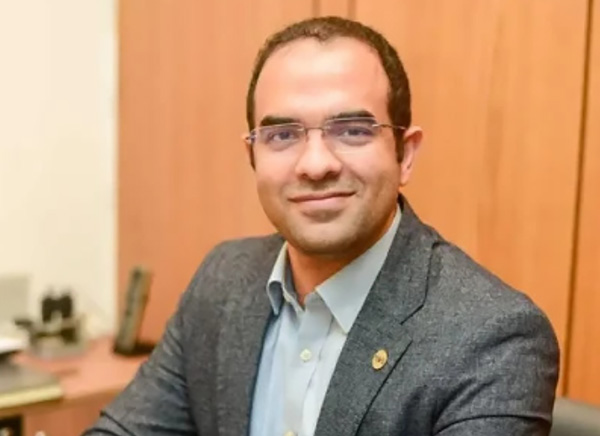Within the framework of the Egyptian state’s towards digital transformation and Egypt’s Vision 2030. Fixed Egypt for Digital Solutions and Information Security announced that it will undertake the national project to automate and manage the kidney dialysis system in cooperation with the Ministry of Health and Population, to facilitate the process for about 59 thousand kidney dialysis patients across the country, aiming to obtain high-quality medical services and saving 60% of the annual cost.

Fixed Egypt for Digital Solutions and Information Security stated that the national project for automating and managing the dialysis system was implemented by the hands of Egyptian youth. aiming to facilitate the patient, starting from managing and governing the filter life cycle in the dialysis units in hospitals affiliated with the Ministry of Health and Population, by developing an integrated technical and logistical solution that ensures that dialysis filters reach those entitled to them. This came within the framework of cooperation with “Holool Med ” Company, with the aim of governing all medical services provided to the dialysis patient to ensure that the patient receives the service and establish a strict mechanism to follow up on the disbursement of dialysis filters and follow up on the patient’s health condition. It also allows the patient to evaluate the service in addition to linking all medical services provided to patients with all entities responsible from providing the service to monitor the work system to facilitate the process and obtain the necessary medical service.
The system books sessions, links the filter to the patient assigned to it, and makes sure of the usage on the appropriate dialysis machine by linking the filter’s identification number and the patient’s fingerprint to the scan during and after the dialysis session, Following up on the patient’s health condition and the viral classification of patients that can be received on the device to verify that the machine matches the patient’s condition preventing the transmission of infection. Afterward, it measures and records vital signs on the system, follows up on the sessions that have been obtained and the remaining ones, and facilitates the patient’s evaluation of the service, which contributes to increasing the quality of the service provided to the patient, ensuring accuracy, evaluation, and rapid decision-making in favor of the regularity and sustainability of the work system and the patient’s obtaining of his medical service urgently and seamlessly.
For more information about FEDIS: https://fedis.com.eg/
It is known in the field of dialysis that there is viral classification of devices, where patients and their eligible devices are distributed according to this classification. The system then protects the patient from getting a new infection as a result of the electronic governance of the devices available to him. It also contributes to improving the patient’s life, as upon his request, dialysis can be automated in another facility according to his needs, which was very difficult due to the difficulty of booking and the lack of sufficient information.
FEDIS explained that the national project for mechanizing and managing the kidney dialysis system contributes to creating digital file for each patient, to follow up on the health status of patients, which facilitates determining the priorities of cases that need kidney transplants.
The company added that the dialysis system facilitates providing services to patients in kidney dialysis centers in the private sector and civil society organizations. Once the center enters the new system, the patient’s data is entered into the system, then the decision (whether at the state’s expense or at the expense of health insurance) is entered into the electronic application.
Noting that there are about 9.2 million dialysis sessions performed per year through 11,000 government dialysis machines and 4,000 machines in the private sector, with a total annual value of 5.3 billion pounds per year, for about 59,000 patients, of whom 37,000 patients receive the service in Ministry of Health hospitals through 397 government centers, and 17,000 patients receive the service in private sector hospitals and civil society organizations.














